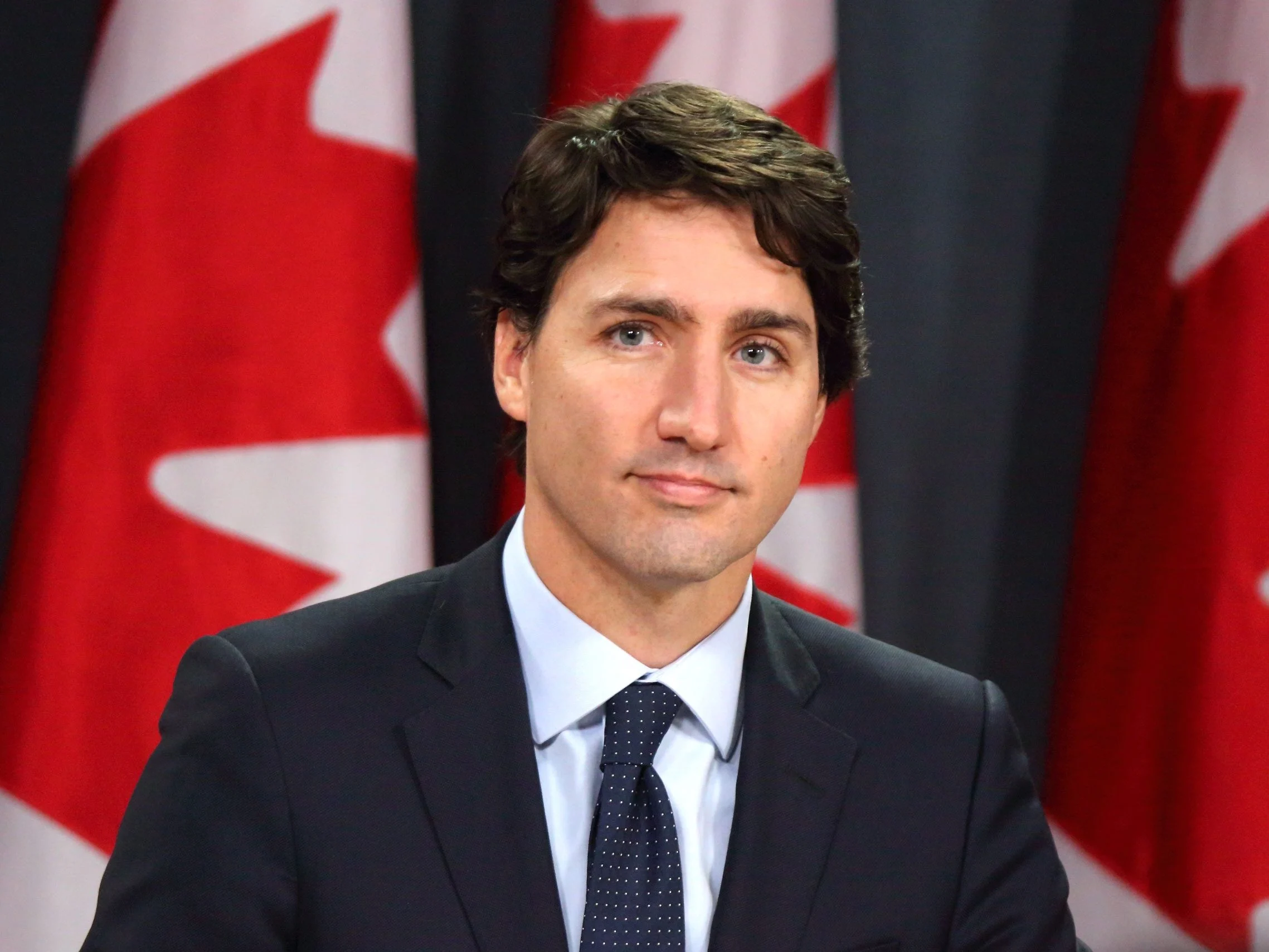Despite the acknowledgment from the lead legislative manager that the Liberals may not fulfill their promise of a pharmacare bill by year-end, Prime Minister Justin Trudeau affirms the government’s commitment while emphasizing the exploration of “responsible ways” to proceed. Responding to questions about the approaching deadline and doubts regarding the Liberals’ dedication to a universal drug plan, Trudeau asserts readiness to present a bill. He highlights ongoing collaboration with the NDP to ensure the proposed legislation is as ambitious as possible, considering the prevailing economic circumstances.
In 2023, enacting the “Canada Pharmacare Act” to establish the groundwork for the drug plan stood as a fundamental element of the two-party agreement. This agreement aimed to provide parliamentary stability for the minority Liberal government until June 2025, contingent upon advancing progressive policies.
“People are paying too much for medications in this country. They should never have to decide between paying for rent or food and medications, and that’s what we’re working on together,” Trudeau said.
When queried about the feasibility of implementing a multibillion-dollar national pharmacare plan within the constraints of the new commitment to keep deficits below one per cent of GDP, Prime Minister Trudeau emphasized that they have already implemented measures to reduce drug costs. He stated that the government will persist in responsible efforts to advance the plan.
These questions arise with less than three weeks remaining in the House sitting calendar, and the NDP has indicated that if additional time is required to fulfill the confidence-and-supply deal commitment on pharmacare legislation, NDP Leader Jagmeet Singh will anticipate “more results” in return.
Sharing her perspective on the timeline, Government House Leader Karina Gould expressed confidence that the two parties will reach consensus on a satisfactory draft bill. However, she acknowledged, “I don’t think we’re going to get it passed by the end of this year, but we’ll definitely keep working.”


